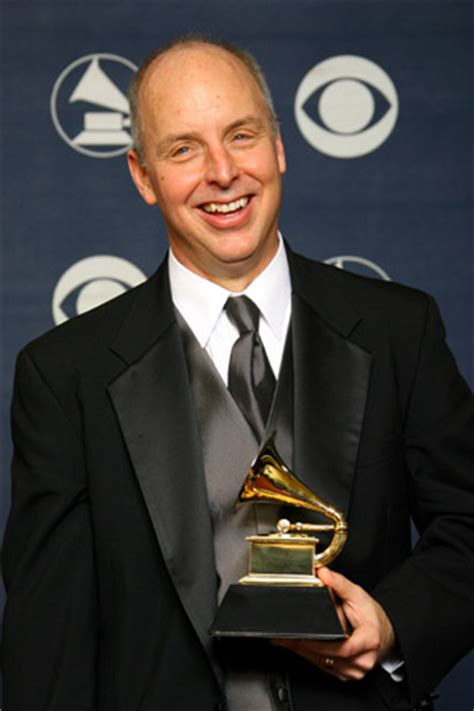A Quote by Sarah Polley
So I decided to make a film about our need to tell stories, to own our stories, to understand them, and to have them heard.
Related Quotes
We read novels because we need stories; we crave them; we can’t live without telling them and hearing them. Stories are how we make sense of our lives and of the world. When we’re distressed and go to therapy, our therapist’s job is to help us tell our story. Life doesn’t come with plots; it’s messy and chaotic; life is one damn, inexplicable thing after another. And we can’t have that. We insist on meaning. And so we tell stories so that our lives make sense.
When we die, these are the stories still on our lips. The stories we’ll only tell strangers, someplace private in the padded cell of midnight. These important stories, we rehearse them for years in our head but never tell. These stories are ghosts, bringing people back from the dead. Just for a moment. For a visit. Every story is a ghost.
The healing that can grow out of the simple act of telling our stories is often quite remarkable. Even more remarkably, this healing is not just our own healing, it is the healing of all women. That's why, as we tell our stories to ourselves, it is also important to share them with others. This sharing brings a sense of kinship, of sisterhood. We understand that we are not alone in our efforts to become conscious, whole, healthy persons.
AS SOMBRAS DA ALMA. THE SHADOWS OF THE SOUL. The stories others tell about you and the stories you tell about yourself: which come closer to the truth? Is it so clear that they are your own? Is one an authority on oneself? But that isn't the question that concerns me. The real question is: In such stories, is there really a difference between true and false? In stories about the outside, surely. But when we set out to understand someone on the inside? Is that a trip that ever comes to an end? Is the soul a place of facts? Or are the alleged facts only the deceptive shadows of our stories?
I am a man, and men are animals who tell stories. This is a gift from God, who spoke our species into being, but left the end of our story untold. That mystery is troubling to us. How could it be otherwise? Without the final part, we think, how are we to make sense of all that went before: which is to say, our lives? So we make stories of our own, in fevered and envious imitation of our Maker, hoping that we'll tell, by chance, what God left untold. And finishing our tale, come to understand why we were born.
So I found myself telling my own stories. It was strange: as I did it I realised how much we get shaped by our stories. It's like the stories of our lives make us the people we are. If someone had no stories, they wouldn't be human, wouldn't exist. And if my stories had been different I wouldn't be the person I am.
Myths are stories for our search through the ages for truth, for meaning, for significance. We all need to tell our story and to understand our story. We all need to understand death and to cope with death, and we all need help in our passages from birth to live and then to death. We need for life to signify, to touch the eternal, to understand the mysterious, to find out who we are.
Great stories happen all around you every day. At the time they’re happening, you don’t think of them as stories. You probably don’t think about them at all. You experience them. You enjoy them. You learn from them. You’re inspired by them. They only become stories if someone is wise enough to share them. That’s when a story is born.



































